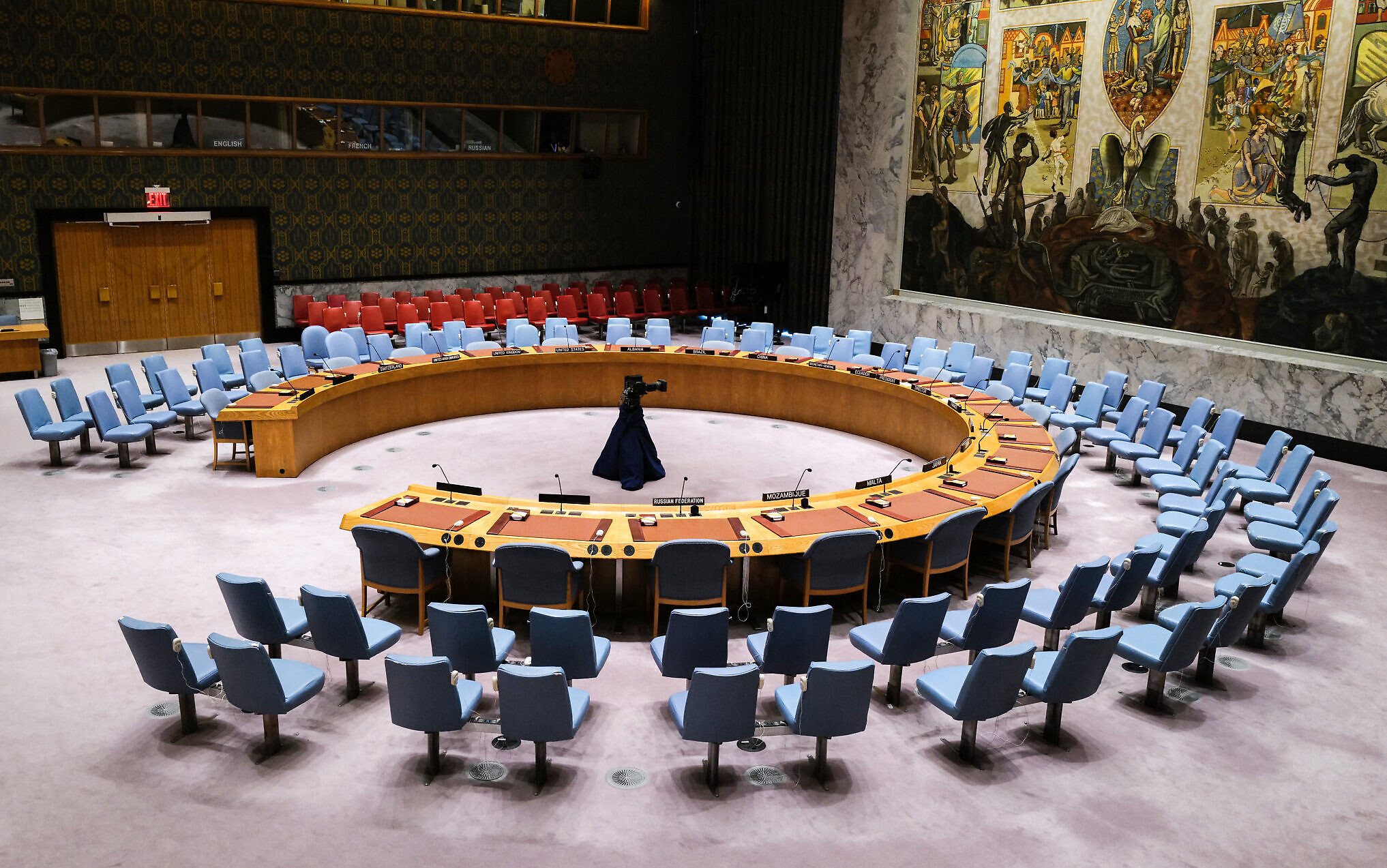In an era marked by geopolitical tensions, conflicts, and humanitarian crises, the United Nations (UN) has consistently played a significant role in promoting international peace and security. One of the critical mechanisms through which the UN addresses ongoing conflicts is by endorsing and facilitating ceasefires. These decisions, designed to bring about a temporary cessation of hostilities, stand as beacons of hope for affected populations worldwide. Despite all that, how much hope does the vote in favour bring to the outlines of Gaza and its population? How would it all take hold of it?

Every now and then, a whisper, a scream, or a post on the internet for an immediate ceasefire can be seen all over the world asking for the bare minimum from the topmost leaders, which they can allow without causing any casualties but refuse to act upon, and hence the death rates continue to increase severely day by day. The entire world and its trivial existence ceased where they shouldn’t be ceasing at all, failing to acknowledge the fact that day by day mankind is suffering from the toll of genocide. However, the United Nations General Assembly on December 12, 2023, together with many other national members, voted in order to demand an immediate ceasefire in war-torn Gaza. Resolutions that have been rejected many times earlier by the United States and other nations, including Israel, and its council blocked the decision for a humanitarian pause in this one as well.
Nonetheless, the support of many nations has been higher than it was during Arab nations calling for a resolution for a “humanitarian truce” in October, where 120 were in favour, 14, and 45 abstained. The recent vote for a resolution involved a total of 193 nations, of which 153 voted in favour, with 10 against and 23 abstaining from taking any decisions to accommodate together to end the Hamas-Israeli conflict. The resolution that has been taken now urges the war states to abide by their moral imperative under international laws, compromising both sides of the situation by releasing hostages immediately without any collateral damage, demanding to withdraw all military forces and cease firing immediately, and getting humanitarian access forthwith. However, Israel’s armed military forces refuse any kind of backing down until they completely destroy Hamas. This decision was followed up by the surprise attack on Israel that was done on October 7, 2023, which resulted in 1200 casualties in total and over 240 being taken as hostages, according to Israel’s reporting.
In the beginning of the session, the assembly speaker, Dennis Francis, gave a statement urging the torment enduring innocent civilians to be suspended promptly. “We have one singular priority—only one—to save lives; even war has rules, and we must not deviate from core principles and values,” he stated. Also, at the time of the result announcement, applause started at the United Nations as the General Assembly voted to back the Gaza ceasefire. In the call for an emergency meeting held by the United Nations Assembly on Tuesday, due to the vast voting for an immediate ceasefire, the Assembly passed the resolution, but how beneficial is it? What would it give to the people who have been losing everything for so long? And how it would turn the lives of those who have endured so much only to see this day where, after so much hustle and struggle, the call has been passed for a ceasefire finally, but the relief and peace aren’t there.

In spite of everything, the vote is non-binding, which means not having to be honoured or legally binding any nations to it; however, it indicates some level of support for a truce. The war has affected vast numbers; according to the Palestine Health Ministry, eighteen thousand Palestinians have been killed in these three months of anguish, 70% of them reportedly being children and women, and over 80% of the inhabitants—approximately 2.3 million—were thrown away from their homes. No resolution or any truce would be beneficial if the oppressor and its supportive states aren’t agreeing on the decisions taken by the UN Assembly. And again, it can be articulated that heads of nations sitting in an air-conditioned hall while chatting for a few hours about doing something that should have been done much earlier isn’t something to be glad about. The hearts of the people living the nightmare every single day will still bleed while the dictators do what they have mastery over: raising hopes, then lying, then deceiving, and then torturing innocent people.
Sana Faiz is a student pursuing English Literature from Jamia Millia Islamia.
Edited by: Moneera Aiman






GIPHY App Key not set. Please check settings